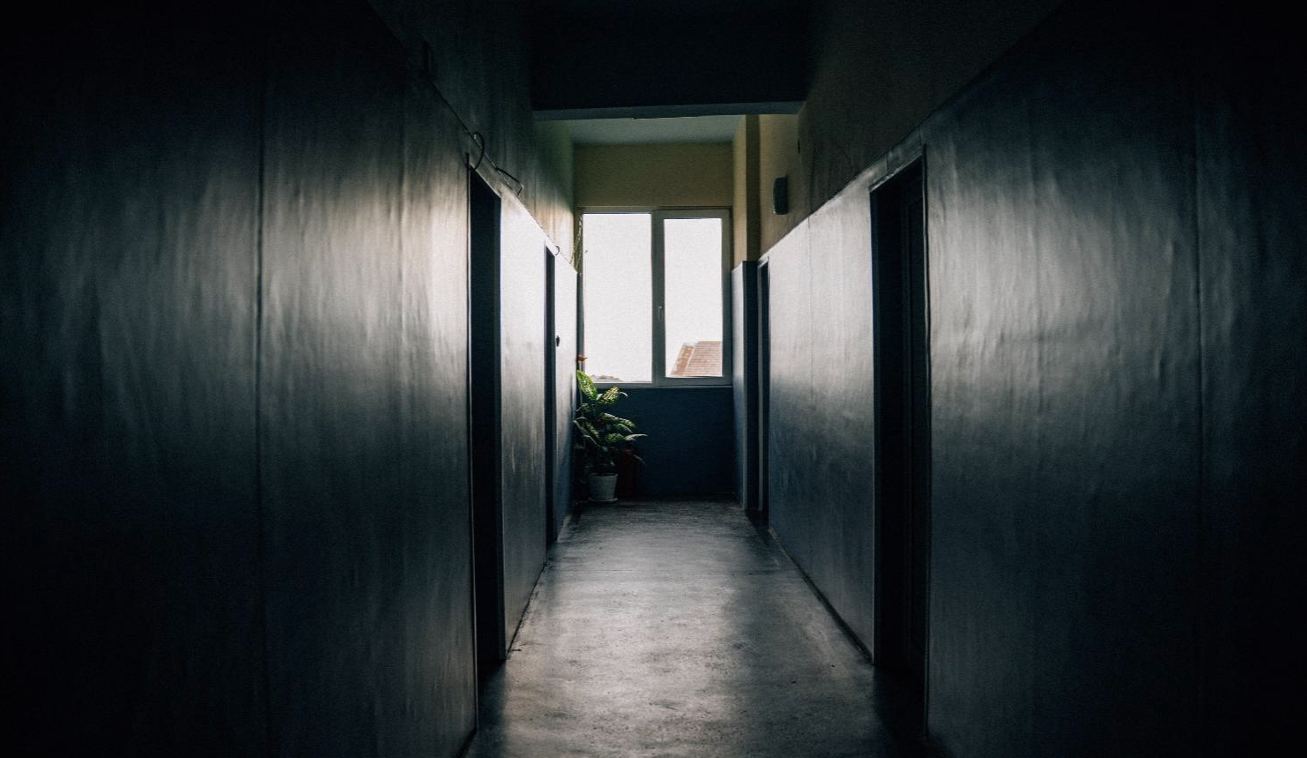At the European Network on Independent Living – ENIL, we take the opportunity at the end of each year to take stock of our achievements, difficulties and whatever else that made the year gone by stand out. The past year, as nobody needs reminding, has been very different, and among those who were lucky to make it through, none of us would wish to relive it.
Although we started the year with a big conference in Brussels to mark the 10th anniversary of the European Expert Group on the Transition from Institutional to Community-based Care, followed by our annual staff meeting in February, the year soon took a turn for the worse. With the Covid-19 starting to spread through Europe in February and March, we started receiving reports from our members about the impact of the pandemic and lack of a disability-inclusive response, and began reading the devastating reports about thousands of deaths of disabled people in institutions and nursing homes across the continent.
We reacted by coming together with other leading disability groups – first the Validity Foundation and Disability Rights International, followed by the International Disability Alliance, the International Disability and Development Consortium, the Centre for Human Rights at the University of Pretoria and Disability Rights Fund – to form the Covid-19 Disability Rights Monitor (DRM). This joint initiative, which hasn’t received any additional funding, has been a great success and the report it produced had a global impact on evaluating Government’s responses to the pandemic and future planning. It was one of our key joint initiatives to respond to the impact of Covid-19 on disabled people, though not the only one.
With partners from Covid-19, and supported by Catalina Devandas, the then Special Rapporteur on the Rights of Persons with Disabilities, and the CRPD Committee, we organised a successful webinar on ‘emergency deinstitutionalisation’ in June. In September, following our initiative, the CRPD Committee formed a working group on deinstitutionalisation. The aim is to develop detailed guidance for Governments on how to move away from institutional care, to be published in 2021. We are proud of this result and look forward to working with other DPOs and the Committee in the coming year.
While EU institutions moved to remote working and the meetings were initially cancelled or postponed, we found ourselves busier than ever. Recognising the threat of the pandemic and its consequences on Independent Living, we made sure to continue with all our activities and move them online. In many ways, this is how we worked before – due to limited resources and the lack of accessibility – which is why we were able to adapt quickly. The Independent Living Day, in May, took place entirely online, with protests and conferences replaced by webinars and other types of online meetings. We chose the theme of “Liberty” and were able to show, for the first time, the “Wheelchair Road Movie”, followed by a Q&A session with the filmmaker Mari Sanders.
We continued to act as one of the key organisations to flag up misuse of EU Funds for the building and renovation of disabled people. Within our EU Funds for Our Rights Campaign, we had two online meetings with our partner organisations, and submitted two official complaints in 2020 – against Poland (with Validity Foundation) and against Austria (with Independent Living Austria). Although the European Commission keeps insisting that investing in institutions is not against the CRPD, we had a favourable decision from the European Ombudsman in July – even though, disappointingly, she did not go as far as finding maladministration by the Commission. We also successfully collaborated with MEPs Katrin Langensiepen, Marisa Matias and Jose Gusmao throughout the year, and organised several online events with their participation. A very successful webinar in September, which included the new Special Rapporteur on the Rights of Persons with Disabilities Gerard Quinn, is worth highlighting. MEPs Matias and Gusmao commissioned ENIL to develop a study on the use of EU Funds in 2014 – 2020, and an animated video, which we will use to continue raising awareness about this important issue.
As planned, we managed to launch our first Independent Living Survey this summer, and are continuing to finalise the country sheets and the summary report (which will be available by the end of January 2021). We also started working on some new issues – access to family planning services by women with disabilities in Eastern Europe and South Caucasus (as part of a UN Population Fund Project), and exclusion of disabled students from the PISA tests, with research assistance from our volunteer Kyriaki Efthymiou. The first year of the TRIPS Project was completed successfully with several deliverables now available, despite the Covid-related disruption.
Even though no in-person meetings could go ahead, this was also the year of consultation – on the new European Disability Strategy, the Child Guarantee, Social Pillar, the Multi-Annual Financial Framework 2021 – 2017. We took an active part, highlighting the importance of Independent Living and CRPD implementation at European level.
This seems like a good place to acknowledge the role of all the staff and volunteers, thanks to whom ENIL is able to do much with so little funding. We would like to thank especially our Co-chairs Nadia Hadad and Jamie Bolling, who have dedicated many hours to ENIL, despite their day jobs and many other commitments. Special thanks also go to Marco Carnesecchi and Frank Sioen, both of whom left us this year to move on to other adventures. We will miss them and wish them all the best. Last but not least, thank you to our ESC volunteers Hatiye Garip and Nina Portolan. Unfortunately, instead of Brussels, Nina spent her ESC inside her apartment in Belgrade, but has nevertheless been a great team member.
And finally, we cannot but thank ULOBA, STIL and GIL for keeping ENIL going with their generous support. We also thank the Open Society Foundations, for their funding of the EU Funds for Our Rights Campaign, and hope they will decide to continue to support us in 2021 as well.
This has been but a short recap. You can find out more about our work in 2020, in our Annual Report. For now, thank you to our members, Newsletter subscribers and others for following our work and a happy New Year to all! We look forward to new and continued partnerships, with a goal of Independent Living for all.
Ines Bulic Cojocariu, Deputy Director, ENIL
P.S. Here you can read the 2020 recap of our Youth Network.


